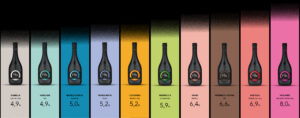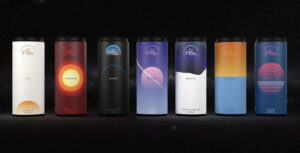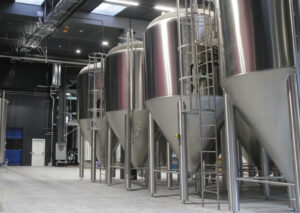September is the month of the harvest, so this newsletter could only focus on this truly magical event, which has been handed down from generation to generation, century after century.
This Harvest Special Edition is only a first part, in which we want to offer you the main information and numbers from all over Italy. The next one will exclusively concern the harvest of our wineries, which are still in the middle of this season.
HARVEST 2021 AROUND ITALY

A negative sign for the Italian harvest of 2021, at 44.5 million hectolitres, but the quality of the grapes is judged on average good, with peaks of excellence. Despite the adverse climatic conditions (spring frosts, summer drought), Italy confirms its leadership at European and world level, ahead of Spain (39 mln/hl with -16%) and France (34.2 mln/hl with -24%).
In Italy, the situation is quite varied: a decline of 12% in the North and Center, while the South registers a -5% with Sicily, Campania and Calabria recording growth.
HIGHLIGHTS REGION BY REGION
NORTH ITALY
PIEDMONT
 The estimated production is 2.43 mln/hl, thus marking a decrease of 10%. At the beginning of September the harvest of Moscato and Brachetto began,followed by Arneis, Dolcetto and Barbera. In the next few days it will be the time of Nebbiolo. There are excellent premises for great quality, by virtue of the moderate quantity.
The estimated production is 2.43 mln/hl, thus marking a decrease of 10%. At the beginning of September the harvest of Moscato and Brachetto began,followed by Arneis, Dolcetto and Barbera. In the next few days it will be the time of Nebbiolo. There are excellent premises for great quality, by virtue of the moderate quantity.
LOMBARDY

The estimated production is
1.23 mln/hl, for a -20%. The harvest began around August 15th in
Franciacorta and
Oltrepò Pavese, where a decrease of even 25% is expected.
Lugana and
Valtenesi were less affected by adverse weather conditions (-10%).
Quality is expected to be excellent everywhere, except in areas affected by hail.
 VENETO
VENETO
Veneto consolidates its italian productivity record, with almost 11 mln/hl (-7%). For Glera the number of bunches reflects the average; less encouraging data for Pinot Grigio. Chardonnay has a good vegetative and productive state, as does Garganega. Valpolicella grapes confirm a good general conditions.
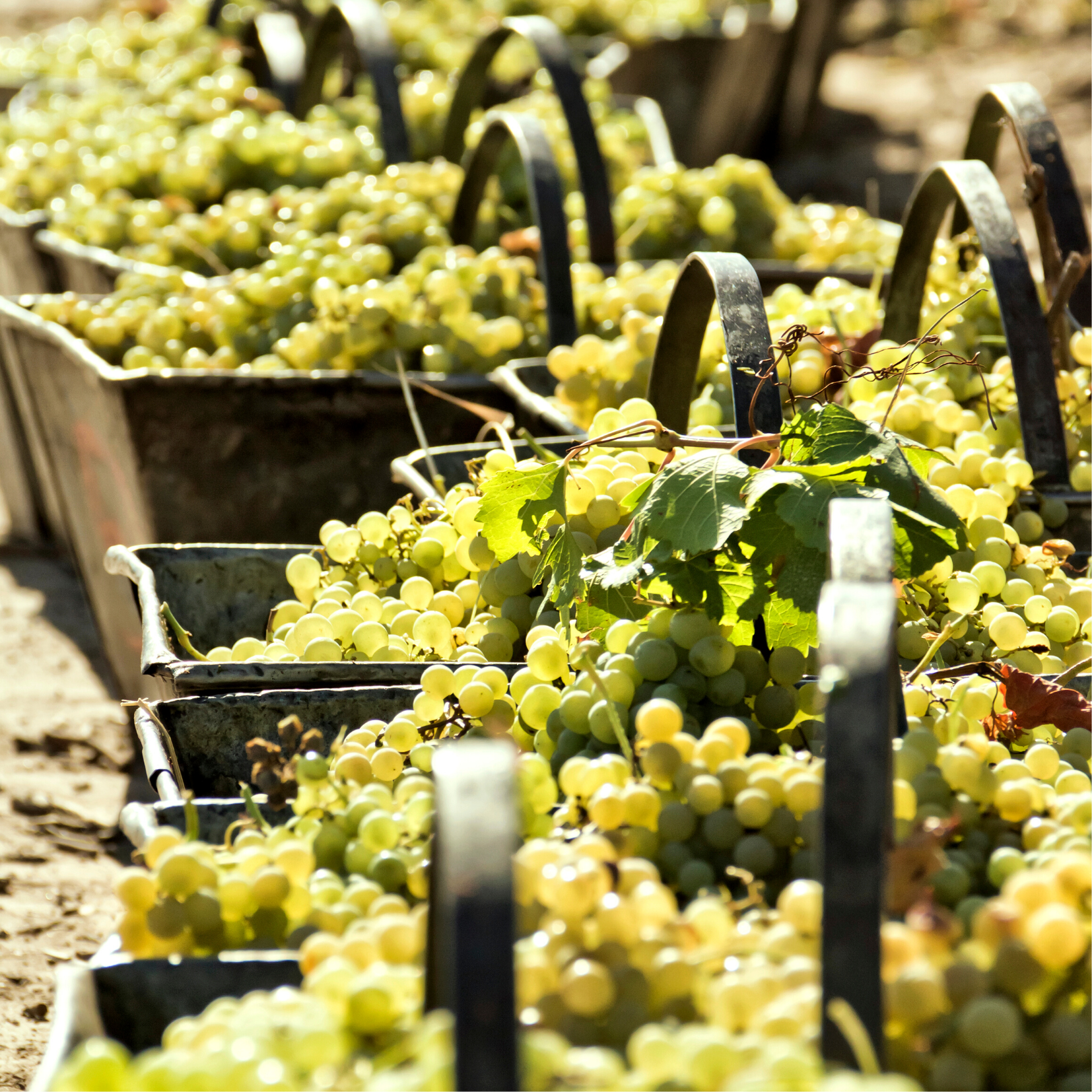
TRENTINO ALTO ADIGE
Overall production is down compared to last year due to the lower average weight of the bunches. It is estimated 1.17 mln/hl, for a decrease of 10%. The varieties most affected by the decline in production are Chardonnay, Merlot and Pinot Grigio. The average quality is excellent, in particular the autochthonous red grapes and the semi-aromatic whites.
CENTRAL ITALY
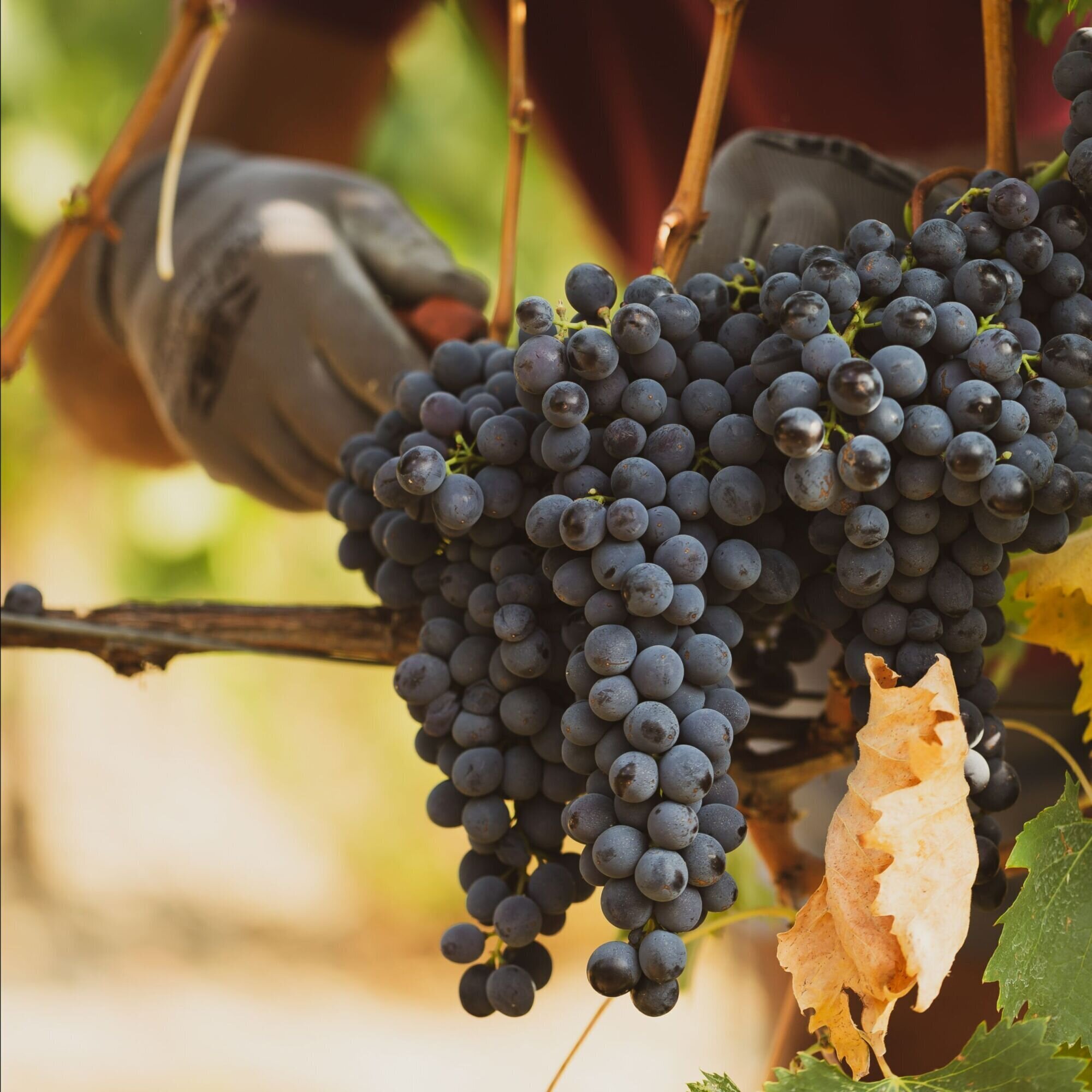
TUSCANY
Current conditions and weather suggest a complex and difficult to read harvest. There will be some areas that will be able to finish the ripening process, while others will have a postponed harvest. For various factors, a highly concentrated harvest is expected, more suited to the production of reds. 1.65 mln/hl is estimated, with a 25% decrease.

ABRUZZO
The estimated production is 2.88 mln/hl, for a decrease of 18%. The vines are in excellent condition, albeit with small grape sizes, especially for the white ones. The harvest began in mid-August for the early varieties; now it is time for red berried varieties. An interesting vintage is assumed for red wines, while
whites will lack freshness.
SOUTH ITALY
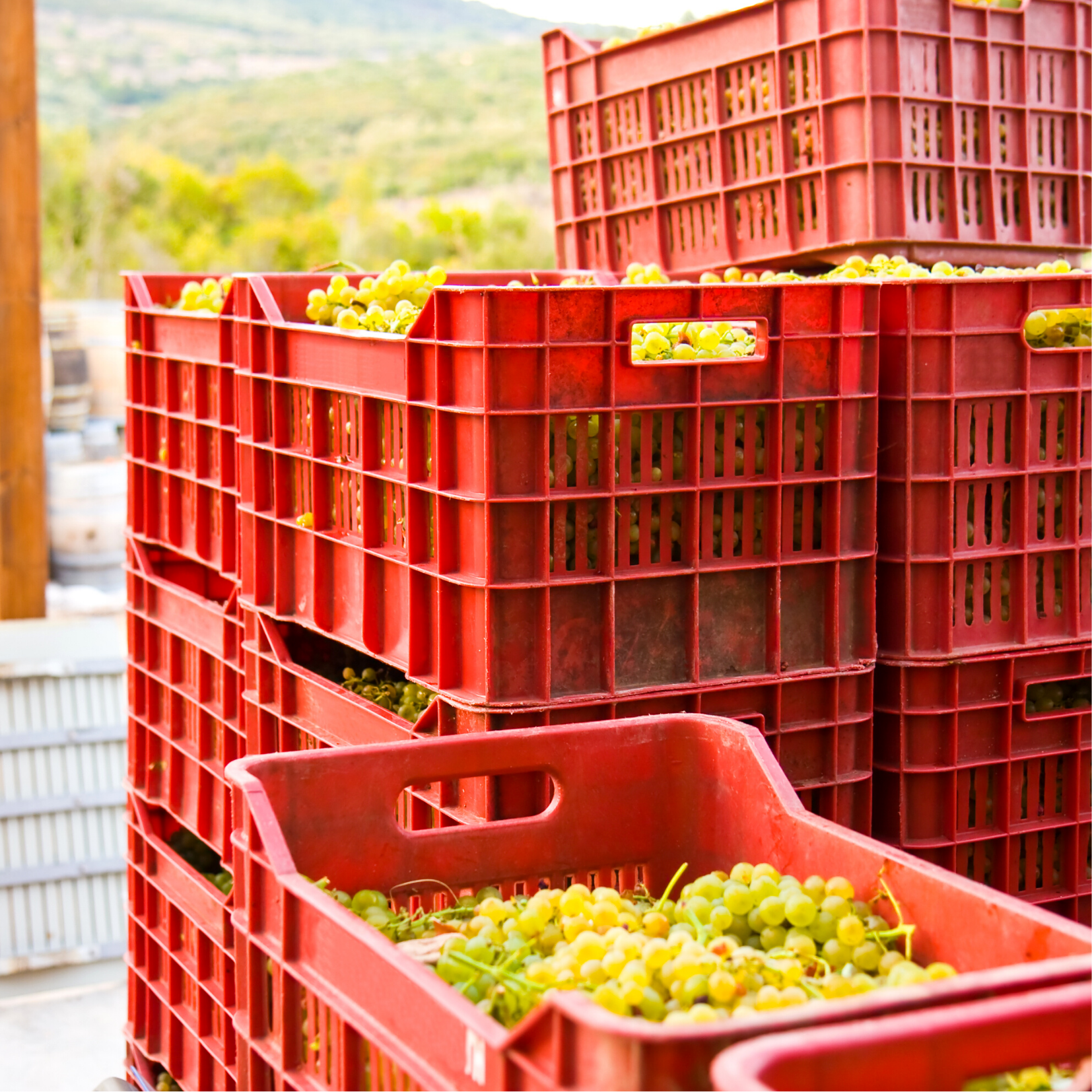
CAMPANIA
Campania is one of the few regions to register a plus (+5%), with an estimated production of 751,000 hl. The climatic conditions, in fact, have allowed a management of the vineyards without particular problems. In general, at the moment, very good quality of the grapes is expected.

APULIA
It is the second region in terms of production, after Veneto; it is estimated that approximately 8.55 mln/hl will be produced. Overall, production is expected to drop by 5% compared to the last harvest and a really good year from a health and quality point of view of the grapes. A slightly higher production is expected for Primitivo.

SICILY
The estimated production is almost 4 million/hl, for a growth of 9%. The harvest began a week in advance, at the end of July for the sparkling wine base grapes. In August the harvest of Nero d’Avola, Syrah, Grillo and Zibibbo began at the beginning of September. Good quality and aromatic curve.

SARDINIA
The Vermentino harvest began around mid-August, followed by the grapes used for the rosé wines. From mid-September it was time for Carignano, while now it is time for Cannonau. All the grapes show excellent quality, with a good acid/sugar balance and good aromatic intensity. The estimated production is 404,000 hl, for a decrease of 15%.
Naturali International LTD is a team of export managers for Italian food producers worldwide. Each component of the team has specific knowledge regarding the countries in which they operate locally making sure to adapt and comply to regional requirements.
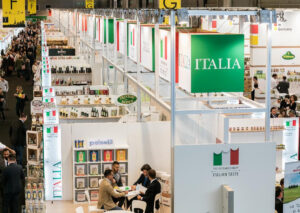
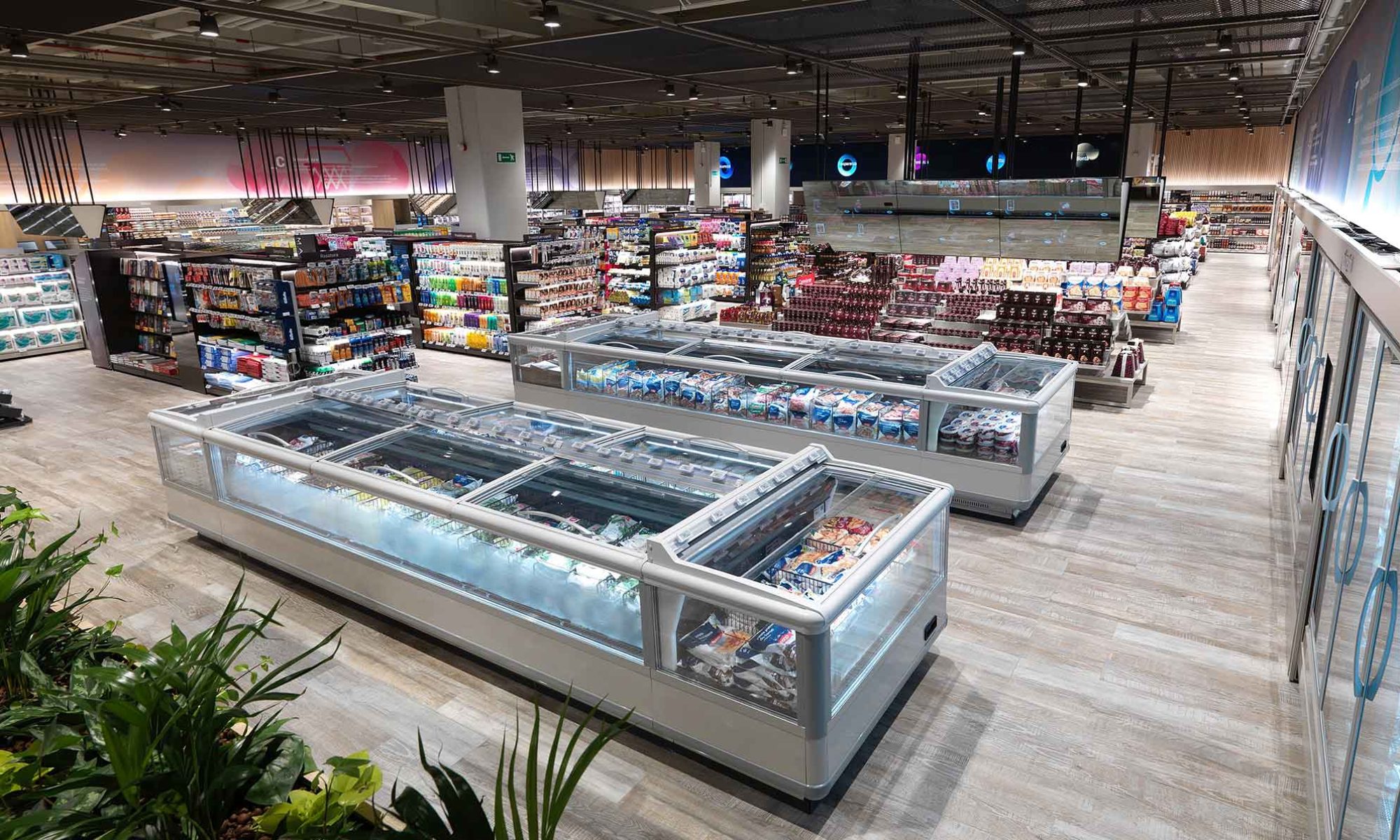
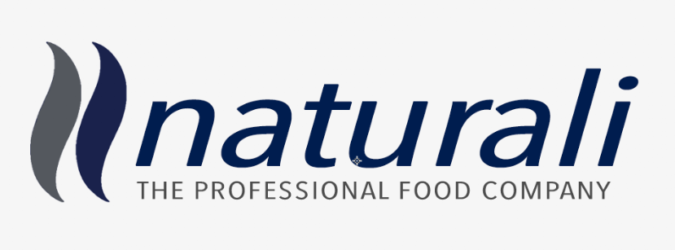




 The estimated production is 1.23 mln/hl, for a -20%. The harvest began around August 15th in Franciacorta and Oltrepò Pavese, where a decrease of even 25% is expected. Lugana and Valtenesi were less affected by adverse weather conditions (-10%). Quality is expected to be excellent everywhere, except in areas affected by hail.
The estimated production is 1.23 mln/hl, for a -20%. The harvest began around August 15th in Franciacorta and Oltrepò Pavese, where a decrease of even 25% is expected. Lugana and Valtenesi were less affected by adverse weather conditions (-10%). Quality is expected to be excellent everywhere, except in areas affected by hail. VENETO
VENETO




















